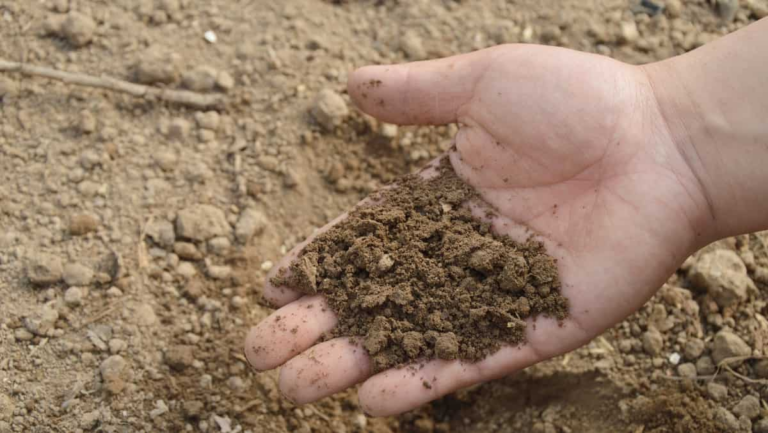
[ad_1]
A recent study that was published in the journal, Frontiers, in Environmental Science suggests that since human waste products like urine and faeces contain essential nutrients like nitrogen, potassium, boron, zinc, iron, calcium, and magnesium, they may also be used to make products that could work well and safely as agricultural fertilisers. According to the study, material made from recycled human urine and faeces is effective and secure nitrogen fertilisers for growing cabbage.
Franziska Häfner, the study’s lead author and a PhD candidate in agricultural sciences at the University of Hohenheim, said that when used in the cultivation of cabbage, fertilisers made from nitrified human urine produced yields comparable to those of conventional fertiliser products and posed no risk of pathogen or pharmaceutical transmission.
Could it become a viable fertiliser in times of crisis?
Climate change and the Ukraine war are causing trouble for farmers as the prices of fertlisers are shooting up. Humanity will need to transition to a circular ecosystem, where the majority of resources are recycled, in order to tackle global challenges including the climate catastrophe. The combined use of nitrified urine fertilisers and faecal compost, according to Franziska Häfner, resulted in somewhat decreased crop yields over the long run but may improve soil carbon content over time, fostering the growth of climate-resilient agriculture.
What does the research show?
According to the research, the marketable output varied between 35 and 72 metric tonnes per hectare, was highest on plots fertilised with Aurin, CROP, or vinasse, lowest on plots fertilised just with faecal compost, and intermediate when faecal compost was supplemented with NUFs. The scientists tested the faecal compost for 310 chemicals, including medicines, flame retardants, UV filters, corrosion inhibitors, rubber additives, and insect repellents, in order to investigate the risk of contamination with diverse goods found in human waste.
They found that only 6.5 per cent of such substances were present above the limit of detection. In addition to that, only the painkiller anti-inflammatory drug ibuprofen and the anticonvulsant and mood-stabilising drug carbamazepine were detectable in the edible parts of the cabbages, at insignificant concentrations, 1.05 to 2.8 μg per kg. “In general, the risk for human health of pharmaceutical compounds entering the food system by means of faecal compost use seems low,” the authors said.
[ad_2]